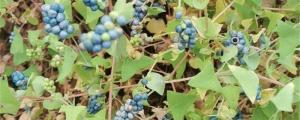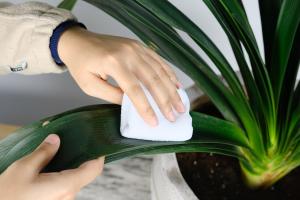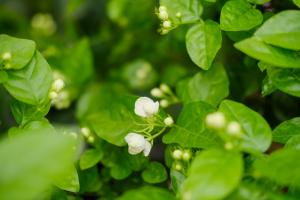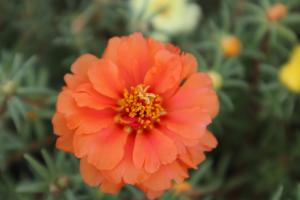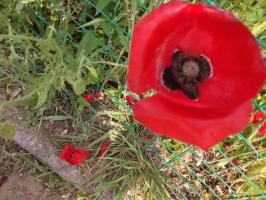1、 Seed taking
Choose mature and flawless mature fruits. Generally, those with dark red color and full look are ripe. Put the fruit with its shell in the sun or dry in the shade. After treatment, it can be stored
Cut the peel or use scissors to take out the seeds before laying the soil. Prepare a basin of warm water, put the seeds in and scrub them by hand. Clean the impurities adhered to the seeds. After standing for a period of time, some immature dried seeds will float on the water and pour them out together with the impurities
The seeds that sink below are the mature seeds that can really be used for sowing. Take it out, put it on a clean cloth or bamboo mat, and take it to a ventilated place to dry in the shade

2、 Sowing time
Generally, it is sown in spring, the temperature rises, and the climate is more appropriate
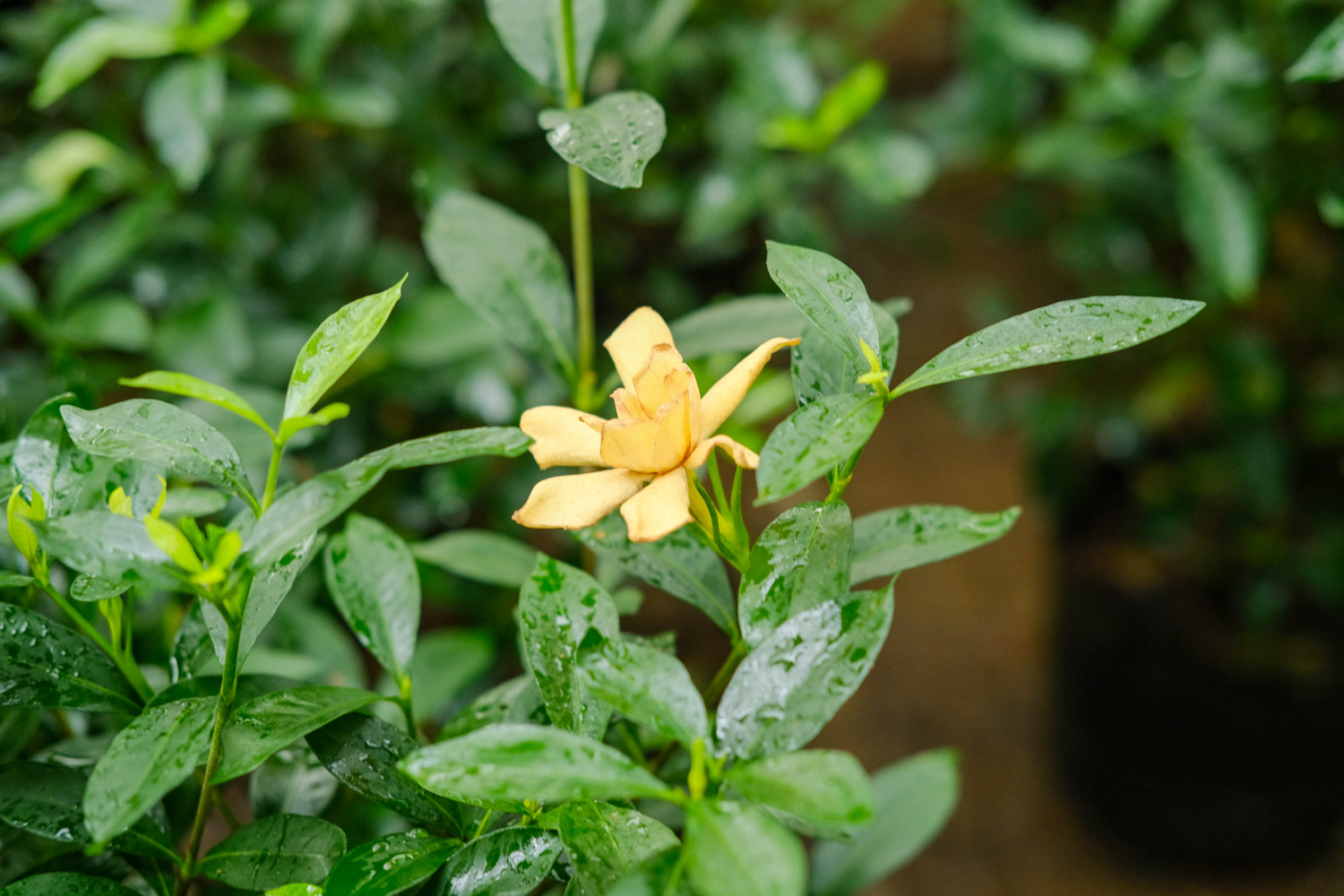
3、 Sowing method
1. The best culture medium for sowing is soft and fertile sandy soil, and the location is sunny or close to the edge of the field. Carry out soil turning and leveling, and clean up impurities and stones in the soil. If the soil is good, it is about 6 feet high and about 2 feet deep. Fertilize according to the proportion of 25 loads of feces and urine per mu. After the soil is dry, open the mud and level the field. Mix the seeds with plant ash, mix them evenly and then sprinkle them in the sowing ditch. About five kilograms of seeds are used for one mu of land, covered with a layer of fine soil, covered with straw mats and then supplied with water
2. Sowing is basically completed here. We should often replenish water and keep the soil moist. Seedlings can emerge in about 20 days

4、 Later maintenance
After the seedlings grow, take off the straw mat. After curing for a period of time, you can see that the seedlings grow five or six leaves. Pull out the seedlings that are too dense at the time of planting, the sick seedlings and weak seedlings that are not growing well, and remove the weeds if they grow in the ground

 how many times do yo...
how many times do yo... how many planted tre...
how many planted tre... how many pine trees ...
how many pine trees ... how many pecan trees...
how many pecan trees... how many plants comp...
how many plants comp... how many plants can ...
how many plants can ... how many plants and ...
how many plants and ... how many pepper plan...
how many pepper plan...
